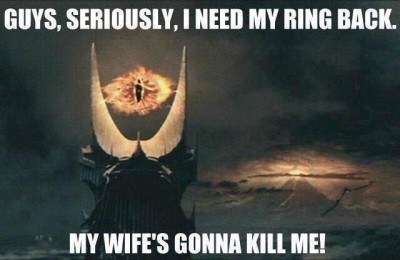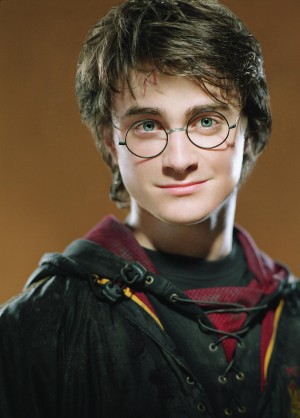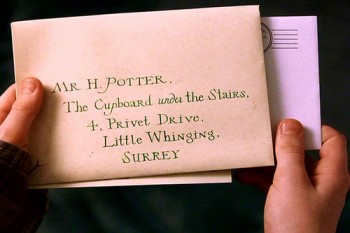Just before the holidays, I turned on the Fellowship of the Ring movie in a fit of nostalgia and passively watched as I cleaned the apartment. And somewhere between vacuuming at Rivendell and swiffering at Lothlorien, I realized something I’d never realized before: Sauron is a terrible villain.
I mean, once you get past the admittedly terrifying lidless-eye Panopticon thing, Sauron is pretty simplistic as a villain. He’s evil–that’s about it. Why did he secretly forge the One Ring in the first place? To rule all the other Rings of Power. Why would he want to rule the elves, the dwarves, and mankind? Duh–evil! Why did he send his Host against the army of the Alliance on the plains of Dagorlad? Evil! Why is he obsessed with getting the One Ring back from Frodo and taking over Middle-earth? Evil, evil, evil!
As a writer, you hear a lot of the same advice over and over again. And when it comes to villains and antagonistic forces, the advice is always the same: one-dimensional villains just don’t cut it. Your villain must be more than just evil–he or she must be as well-rounded and complex as your other characters. The villain must have a backstory that explains his actions and lends his motivations depth and flavor. Furthermore, the villain’s actions must arise from a place of logic; even if it is a flawed, unsound logic, his actions must be comprehensible, if not sympathetic, to the reader. The villain’s role is to challenge the hero to reach great heights. He must act as both a catalyst for heroism and a foil for the hero’s own complex motivations.


